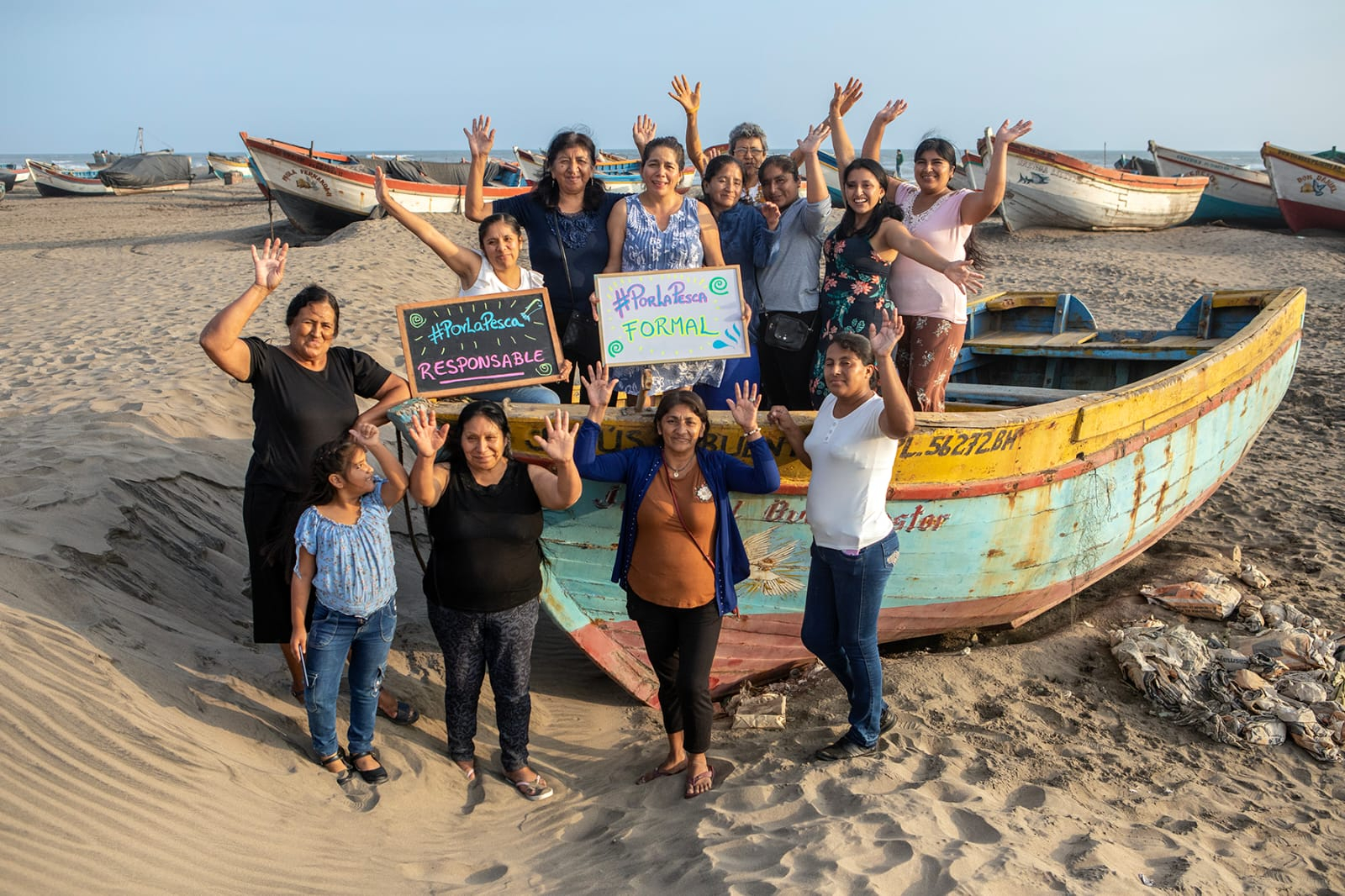
The belief that artisanal fishing is an activity carried out solely or mainly by men is a response to the lack of visibility of the role of women in the sector, despite representing 90% of the workforce in the pre-capture and post-capture.
Likewise, the importance of their work is highlighted in both stages, in which they work in different areas, such as administration and provisioning of the boat, mending nets, filleting fish, marketing and others that guarantee food safety.
However, despite representing almost 50% of the sector, according to María Fernanda Chávez, coordinator of Community Involvement and Gender at TNC and part of the Por la Pesca project, Their formal participation in organizations and decision-making spaces occupies less than 5%.
“I live in San José and I can say that, practically, without women, there would be no fishing,” emphasized Ofelia Román, partner of San Josefinas Emprendedoras, a company made up of relatives of fishermen from San José, in Lambayeque, during the binational Women meeting. to the Sea, where more than 50 fishing leaders from Peru and Ecuador participated.
For her part, Elsa Vega, president of the National Artisanal Fishing Society (Sonapescal), highlighted that a large part of these women maintain their homes with 100% of the income they obtain from their fishing work, since they generate profits ranging from from S/1,500 to S/3,000 per month.
Source: Larepublica
Alia is a professional author and journalist, working at 247 news agency. She writes on various topics from economy news to general interest pieces, providing readers with relevant and informative content. With years of experience, she brings a unique perspective and in-depth analysis to her work.












